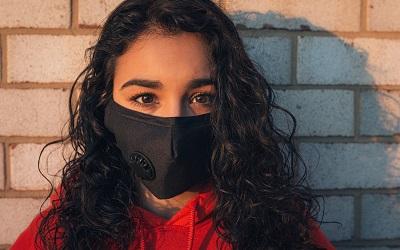Work-related and Personal Predictors of COVID-19 Transmission

A new paper, co-written by Paul Anand, Professor of Economics at The Open University, seeks to uncover aspects of work, and personal traits and circumstances, that are predictors of COVID-19 transmission. The paper provides new evidence from a survey of 2000 individuals in the US and UK related to predictors of COVID-19 transmission. Regression models are estimated in which reported evidence of infection depends on work related and personal factors as well as other controls.
Three themes emerge from the analysis:
- Transport roles and travelling practices are significant predictors of infection
- Evidence from the US especially shows union membership, consultation over safety measures and the need to use public transport to get to work are also significant predictors. This is interpreted as evidence of the role of deprivation and of reactive workplace consultations
- There is some, often weaker, evidence that income, car-owership, use of a shared kitchen, university degree type, risk-aversion, extraversion and height are predictors of transmission.
The comparative nature of the evidence indicates that the less uniformly stringent nature of the US lockdown provides more information about both structural and individual factors that predict transmission. The paper concludes that both structural and individual factors should be taken into account in public health policy when predicting transmission or designing effective public health measures and messages to prevent or contain transmission.
Request your prospectus
![]()
Explore our qualifications and courses by requesting one of our prospectuses today.